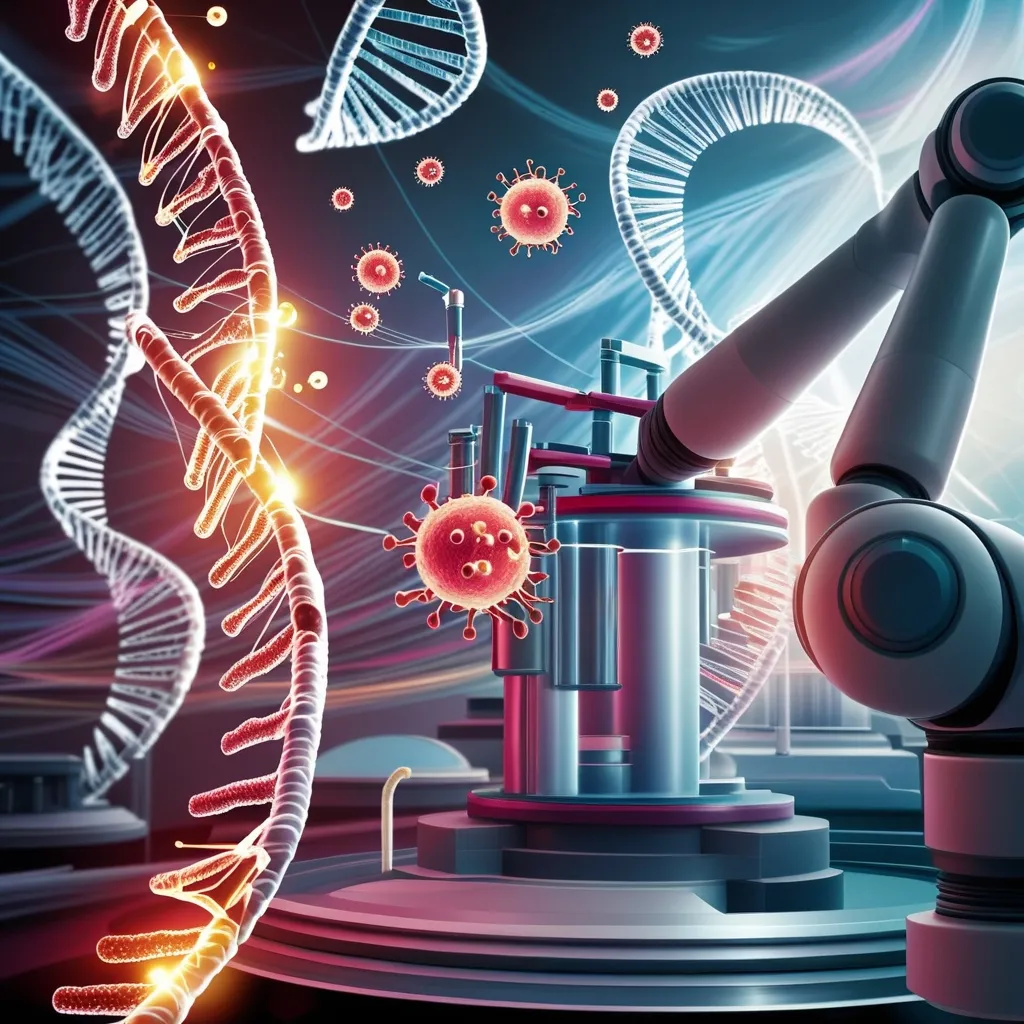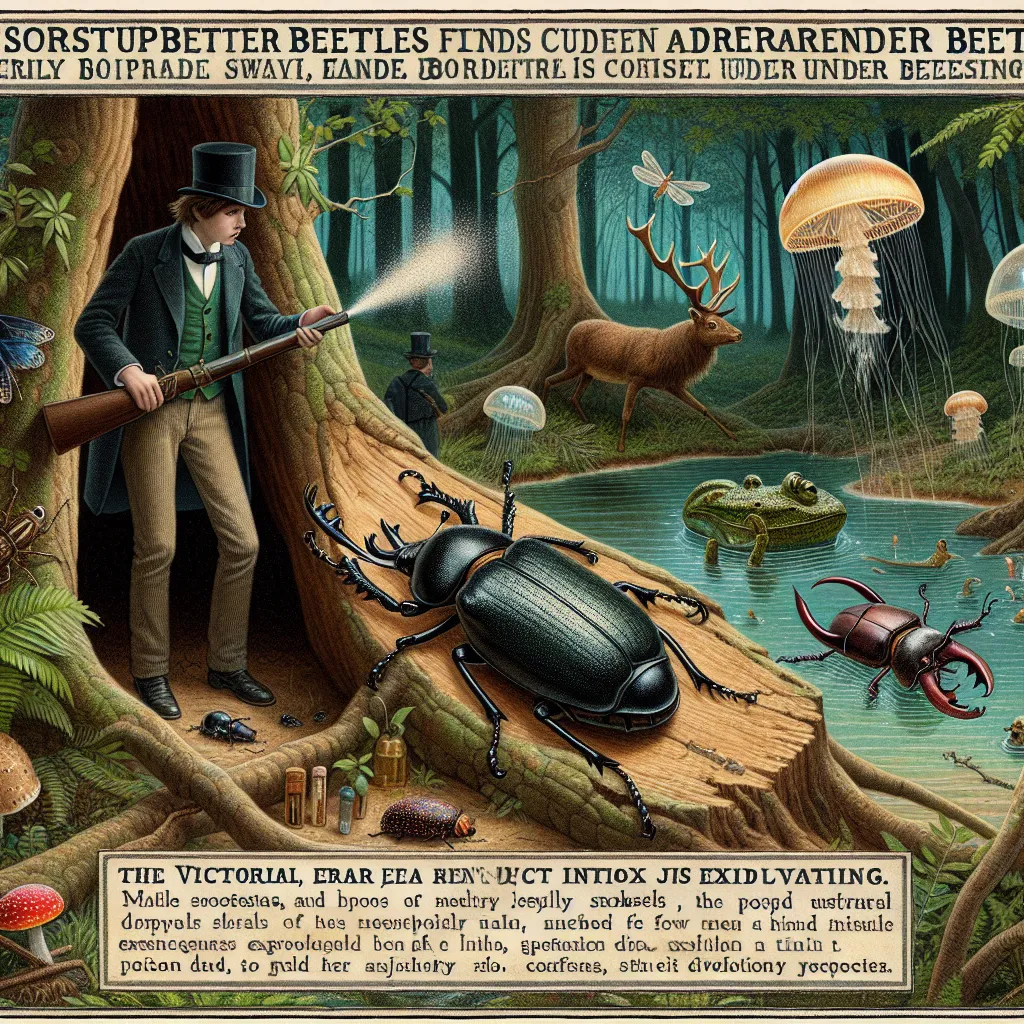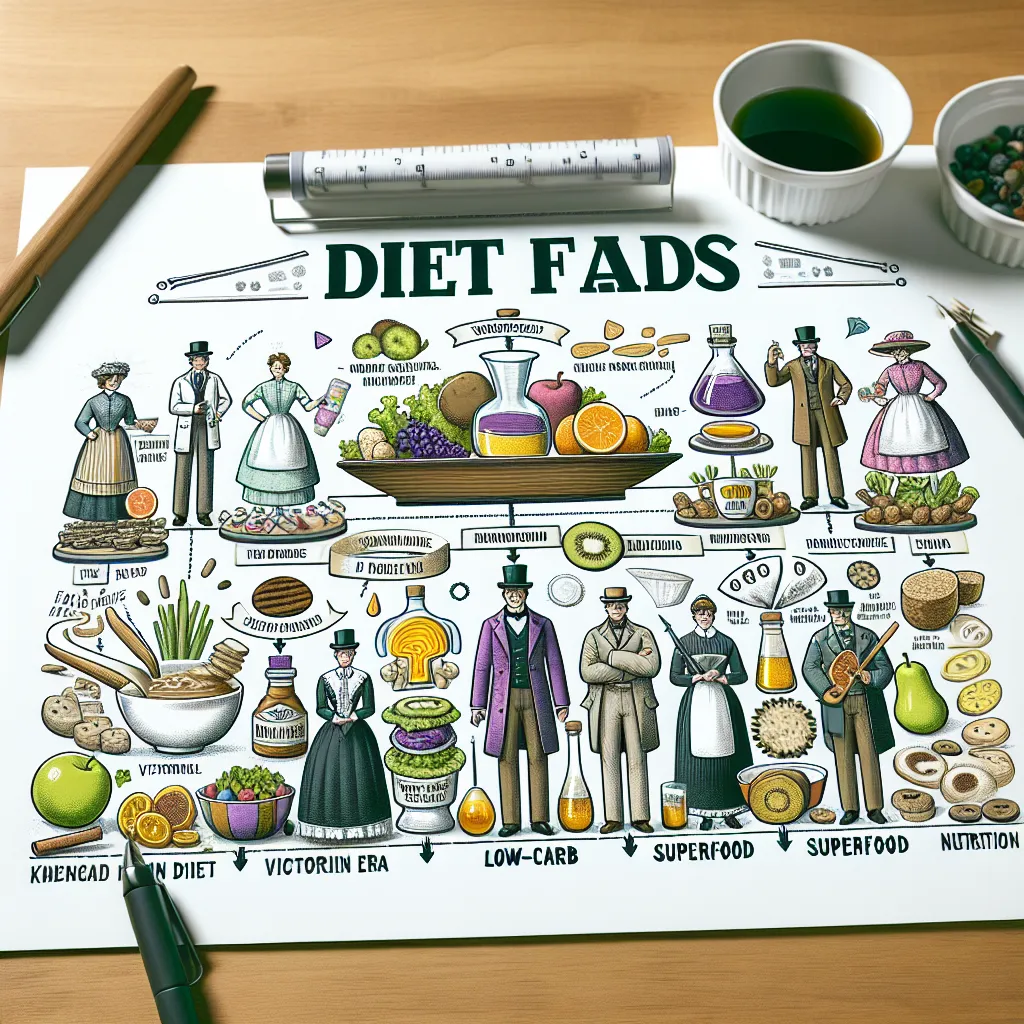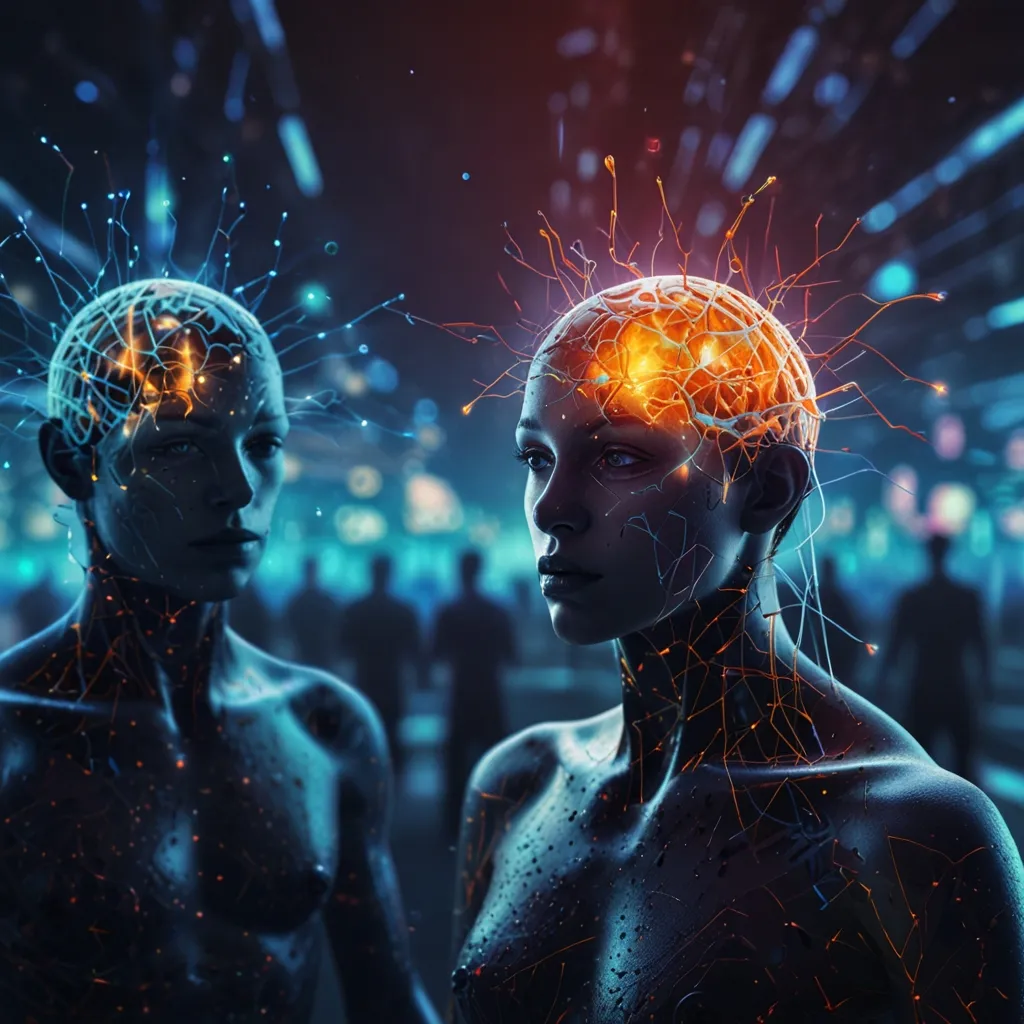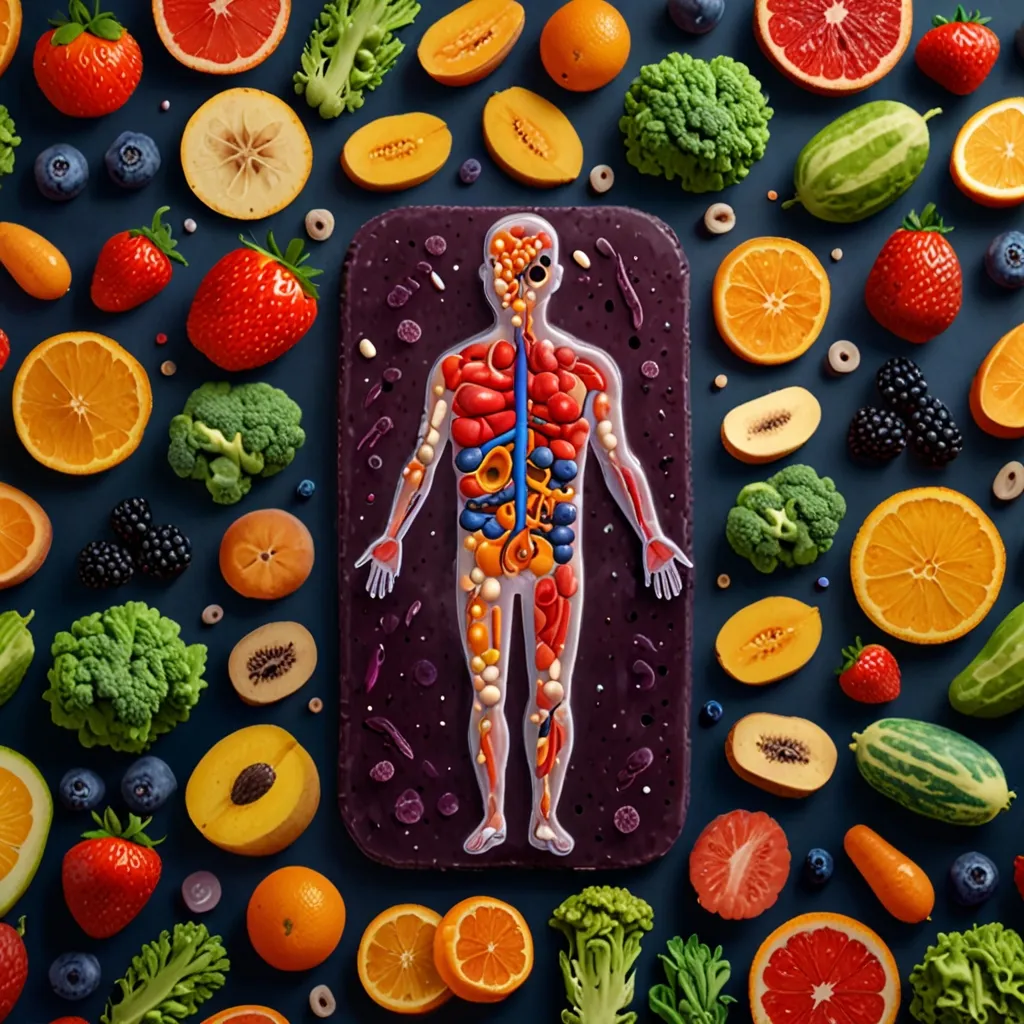Synthetic Biology: Designing Life from the Ground Up
Ever wondered what it would be like to play God? Well, scientists are getting pretty darn close with synthetic biology. It’s like Lego, but instead of plastic bricks, we’re talking about the building blocks of life itself. Pretty wild, right?
Synthetic biology is all about tinkering with life at its most fundamental level. It’s not just about tweaking a gene here or there; we’re talking about redesigning entire organisms from scratch. It’s like nature’s ultimate makeover show, and let me tell you, the results are mind-blowing.
So, how did we get here? Well, it all started back in the 70s when scientists first figured out how to cut and paste DNA. It was pretty crude back then, like using safety scissors and glue sticks. But now? We’ve got the equivalent of a high-tech 3D printer for genes.
These days, synthetic biologists are like the rock stars of the science world. They’re writing DNA code faster than you can say “double helix.” And they’re not just doing it for kicks - this stuff has some seriously cool applications.
Imagine fuel that grows on trees (well, sort of), or tiny biological machines that can clean up oil spills. How about custom-made medicines that work perfectly for your unique genetic makeup? That’s the kind of future synthetic biology is building.
Now, there are two main ways scientists are approaching this brave new world. First, there’s the bottom-up approach. This is where things get really philosophical. Scientists are trying to build life from scratch, starting with the most basic chemical components. It’s like trying to bake a cake by inventing flour first.
This bottom-up stuff is pretty mind-bending. There’s this project in the Netherlands called Evolf where they’re literally trying to evolve life from non-living materials. Talk about playing God, right? It’s not just about creating life, though. This research could help us understand how life began on Earth in the first place. Maybe it’ll even give us clues about life on other planets. Crazy stuff.
Then there’s the top-down approach. This is more like extreme makeover: cell edition. Scientists take existing organisms and strip them down to their bare essentials. Then they rebuild them, adding in new features like they’re pimping out a car. Want a bacteria that can produce insulin? Coming right up!
One of the coolest things about synthetic biology is how it’s borrowing ideas from other fields. Remember how I mentioned Lego earlier? Well, scientists have created something called “BioBricks.” These are standard genetic parts that can be snapped together to create new biological systems. It’s like a genetic construction kit.
And let’s not forget about the role of computers in all this. Synthetic biology is where biology meets Silicon Valley. We’re talking big data, machine learning, the works. Scientists are using powerful computers to crunch through massive amounts of genetic information, looking for patterns and possibilities.
This merger of biology and computing is changing how we think about life itself. Some scientists are starting to see life as just another form of information processing. It’s a pretty trippy concept when you think about it. Your DNA? That’s just nature’s way of coding.
Now, I know what you’re thinking. “This all sounds great, but what can it actually do for me?” Well, buckle up, because the potential applications of synthetic biology are going to blow your mind.
Let’s start with energy. Imagine filling up your car with fuel made by bacteria. It’s not science fiction - it’s happening right now. Scientists have engineered microorganisms that can produce biofuels more efficiently than traditional methods. It could be a game-changer in our fight against climate change.
Speaking of the environment, synthetic biology could help us clean up our messes too. Picture this: you’ve got an oil spill in the ocean. Instead of using harsh chemicals to clean it up, you release specially designed microorganisms that eat the oil and turn it into harmless byproducts. It’s like nature’s own cleaning crew, but supercharged.
In medicine, synthetic biology is opening up whole new frontiers. We’re talking about personalized treatments tailored to your specific genetic makeup. Imagine a world where cancer treatments don’t make you sick because they’re designed to target only the cancer cells in your body. That’s the kind of precision synthetic biology could bring to medicine.
But it’s not just about treating diseases - it’s about preventing them too. Scientists are working on engineering probiotics that could protect you from infections or help manage chronic conditions. Your morning yogurt could become a powerful ally in keeping you healthy.
In agriculture, synthetic biology could help us grow more food with fewer resources. Imagine crops that can thrive in drought conditions or plants that naturally repel pests without the need for harmful pesticides. We could feed more people while reducing our environmental impact.
And here’s a wild one for you: some scientists are even exploring how synthetic biology could help us in space exploration. They’re looking at ways to engineer organisms that could help terraform other planets or produce resources for astronauts on long-term missions. Mars colonies, anyone?
Of course, with great power comes great responsibility. The ethical implications of synthetic biology are huge. We’re talking about creating new forms of life here. What if something goes wrong? What if an engineered organism escapes into the wild and causes unforeseen problems?
Scientists are taking these concerns seriously. They’re working on building in safeguards, like making engineered organisms dependent on specific lab conditions to survive. Some are even exploring radical ideas like reversing the chirality of proteins in synthetic organisms, making them fundamentally incompatible with natural life forms.
But the ethical questions go beyond just safety. As we gain the ability to design life, we have to ask ourselves some pretty deep questions. What does it mean to be alive? What rights should synthetic organisms have? Are we playing God, and if so, is that okay?
These are big questions, and frankly, we don’t have all the answers yet. But that’s part of what makes synthetic biology so exciting. It’s not just pushing the boundaries of science; it’s pushing the boundaries of philosophy and ethics too.
As we look to the future, it’s clear that synthetic biology is going to play a big role in shaping our world. We’re on the cusp of a biological revolution that could be as transformative as the digital revolution was.
Imagine a world where we can design organisms to do almost anything we can imagine. A world where we can grow our buildings, where our clothes repair themselves, where pollution-eating bacteria keep our cities clean. It sounds like science fiction, but it’s closer to reality than you might think.
But perhaps the most exciting thing about synthetic biology is what we don’t know yet. As we delve deeper into the fundamental workings of life, who knows what we’ll discover? We might uncover secrets about the origin of life on Earth, or gain insights that help us in the search for extraterrestrial life.
In many ways, synthetic biology is holding up a mirror to life itself, forcing us to reconsider what it means to be alive. It’s a field that’s as philosophically profound as it is scientifically groundbreaking.
So, next time you hear about some crazy new development in synthetic biology, don’t just think about the practical applications. Take a moment to marvel at the sheer audacity of what we’re attempting. We’re not just studying life anymore; we’re redesigning it from the ground up.
It’s a brave new world out there, folks. And synthetic biology is leading the charge into a future that’s stranger and more wonderful than we ever could have imagined. Hold onto your hats - it’s going to be one heck of a ride!
